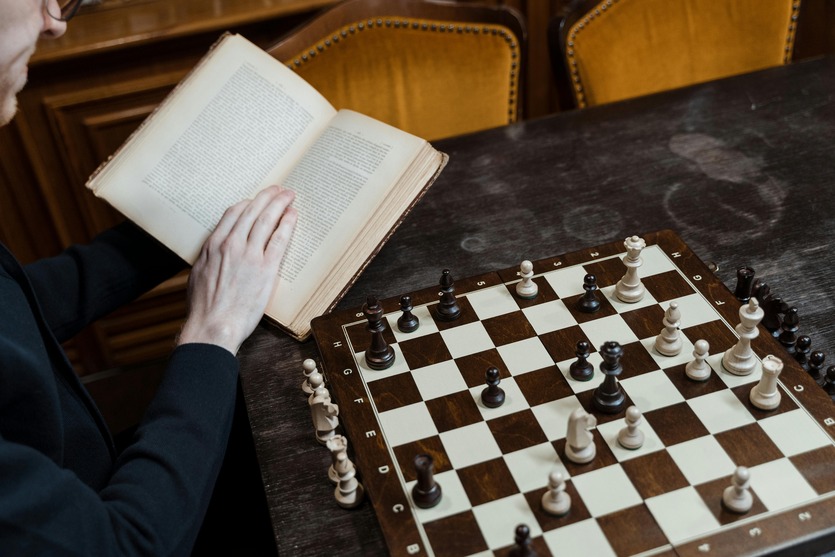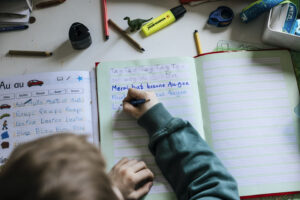Chess is more than just a game; it’s a great way to develop your child’s mind, improve their thinking skills, and teach them patience and strategy. Many parents dream of seeing their child become a chess grandmaster, and the good news is, with the right approach, this dream can come true! This blog will guide you step by step on how you can help your child achieve this incredible goal.
1. Starting Early: The Foundation
Introducing chess to children at an early age can be highly beneficial. The younger they start, the more time they have to master the game. Ideally, ages 4 to 6 is a great time to introduce your child to chess. At this age, their minds are curious and flexible, making it easier for them to learn the rules and develop a love for the game.
You don’t need to be a chess expert yourself to help your child become a chess grandmaster. Start with the basics, use fun tools like chess boards with colourful designs, or explore kid-friendly online apps that make learning the game more engaging.
2. Developing a Passion for Chess
Learning chess should be fun! It’s essential to make the game enjoyable so that your child looks forward to playing. Engage in family chess matches, introduce them to online chess games, or take them to chess clubs. Seeing other children play can inspire them and boost their excitement.
Your support as a parent is crucial. Encouraging your child to enjoy the process is the first step towards helping them become a chess grandmaster.
3. Practicing Regularly
Like any skill, becoming good at chess requires regular practice. But this doesn’t mean long hours at a time, especially for young children. Aim for short, consistent practice sessions around 30 minutes to 1 hour daily, depending on their interest and attention span.
By keeping practice enjoyable and low-stress, you can help build the foundation your child needs to eventually become a chess grandmaster.
4. Learning from Experts and Mentors
At some point, having a coach or mentor can make a big difference in your child’s progress. Coaches can offer expert tips, strategies, and personalised guidance that will help your child grow as a player.
A good mentor can guide your child through the challenging steps on the road to becoming a chess grandmaster. Whether through online lessons, local clubs, or school programs, finding the right coach is key to their development.
5. Mastering the Strategies
Once your child has a strong foundation, they will need to dive into more advanced chess strategies. Learning the classic openings, middle-game tactics, and endgame tricks will help them sharpen their skills and become more competitive.
To make learning these strategies less intimidating, try to break down complex ideas into smaller, simple steps. Encourage your child to observe games played by grandmasters they can learn a lot by watching others who have become chess grandmasters before them.
6. Competing in Tournaments
Participating in tournaments is an important part of becoming a chess grandmaster. Start small with local competitions, then work your way up to national and even international events.
As a parent, it’s essential to prepare your child both mentally and emotionally for these events. Teach them that winning isn’t everything; what matters is learning from each game. This approach will help them handle both victories and losses gracefully.
Conclusion:
The journey to becoming a chess grandmaster is exciting, challenging, and incredibly rewarding. It requires patience, dedication, and a love for the game. As parents, you play a crucial role in nurturing this journey whether it’s introducing your child to chess, encouraging them to practice, or supporting them through the ups and downs of competitions.
Remember, the grandmaster title is not the only goal what matters most is that your child enjoys the process, learns valuable life skills, and develops into a confident and thoughtful individual. With your support and their passion, who knows? One day, they might just become India’s next chess grandmaster!
FAQs: How to Become a Chess Grandmaster?
1. At what age should my child start playing chess to become a grandmaster?
It’s best to start between ages 4 to 6, but it’s never too late. Consistency and support are key, regardless of when your child begins.
2. Does my child need a chess coach?
Yes, a coach can provide expert guidance that’s hard to get from self-learning alone. Coaches can personalise lessons and help your child understand advanced strategies.
3. How much time should my child dedicate to chess practice?
For young children, 30 minutes to 1 hour of practice daily is a good routine. As they get older and more advanced, practice time can increase, especially before tournaments.
4. How do I keep my child motivated if they lose interest in chess?
Try to make chess fun by mixing things up chess puzzles, playing online, or even friendly family games. Celebrate their progress and give them breaks when needed.
5. How long does it take to become a grandmaster?
Becoming a grandmaster usually takes years of hard work and dedication. It’s a long journey, but the key is to focus on steady progress rather than just the title.




